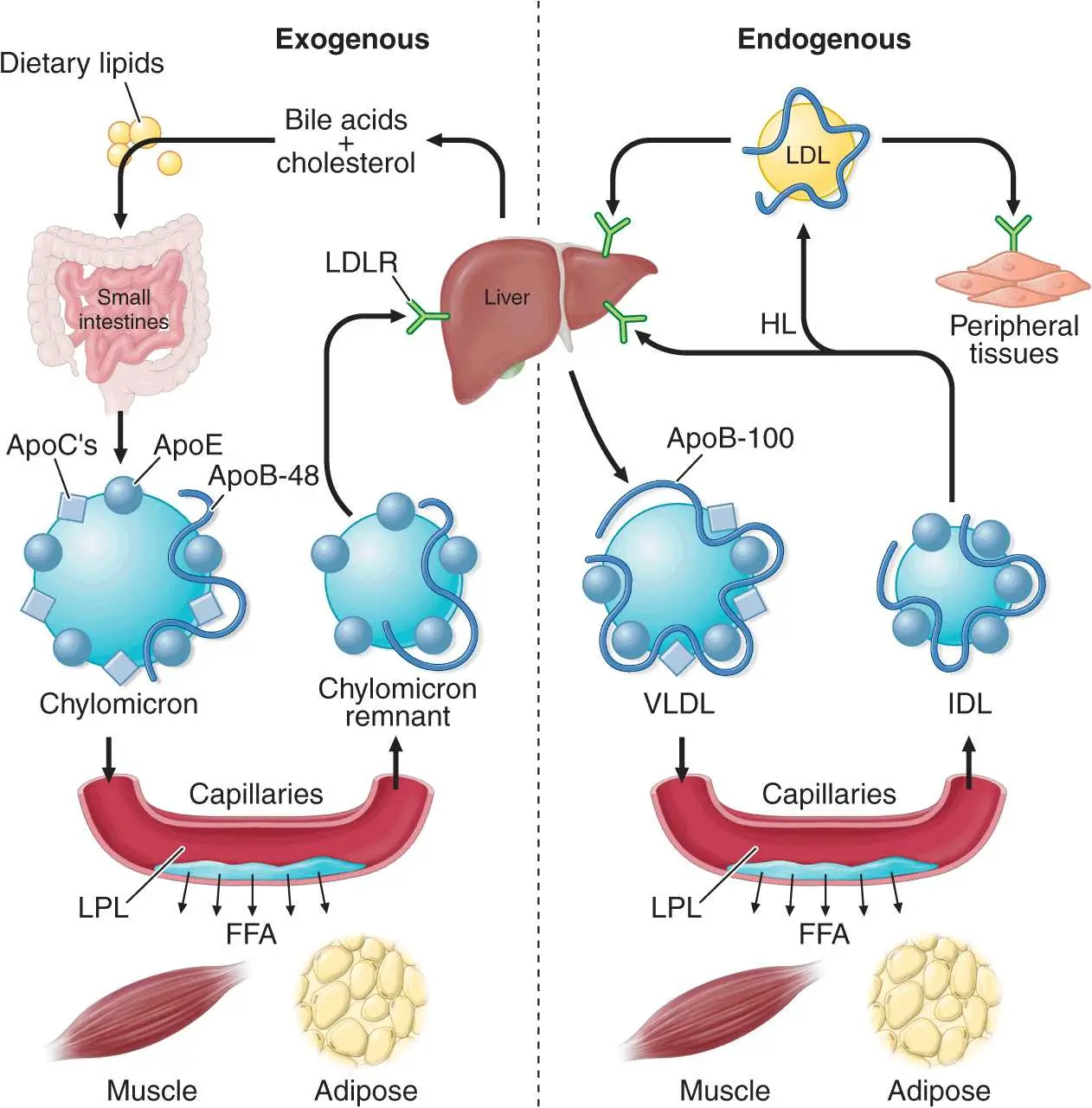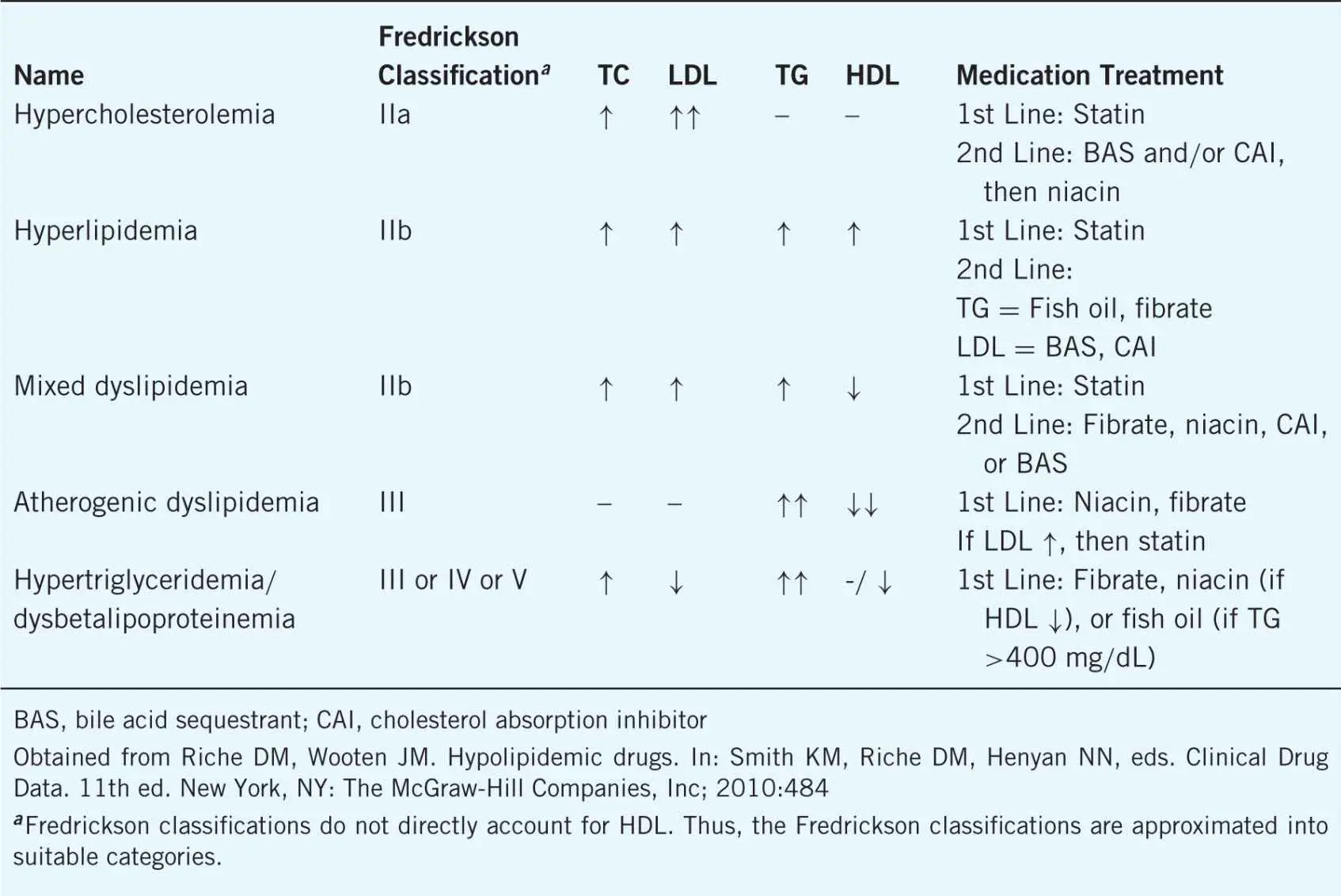Can Lipid Disorders be Cured?
No
Manageable with treatment; requires ongoing monitoring and lifestyle modifications

What is Lipid Disorders?
Lipid disorders refer to imbalances in cholesterol and triglyceride levels in the blood. These disorders can contribute to cardiovascular disease. Treatment involves lifestyle modifications, such as a healthy diet and exercise, and medications, if necessary, to manage lipid levels and reduce the risk of heart-related complications. Regular monitoring is important for ongoing management.

Clinical Aspects

Characteristics
Disorders affecting the levels of fats (lipids) in the blood

Symptoms
High cholesterol, triglycerides, increased risk of cardiovascular disease

Diagnosis
Blood tests, sometimes genetic testing

Prognosis
Variable, depends on lipid levels and lifestyle

Complications
Cardiovascular complications, potential for pancreatitis
Etiology and Treatment

Causes
Genetic factors, poor diet, lifestyle choices

Treatments
Medications, lifestyle changes, dietary modifications

Prevention
Medications, lifestyle changes, dietary modifications
Public Health and Patient Perspectives

Epidemiology
Common, various causes including genetics

Patient Perspectives
Lifelong management tailored to lipid levels
For personalized advice and care, always seek the assistance of healthcare professionals. This information is meant for general understanding and not as a replacement for professional medical advice.
Share: